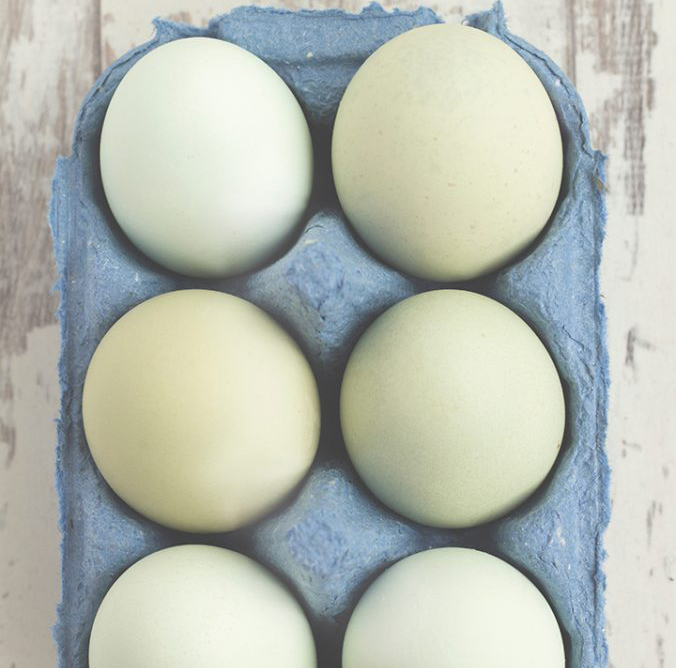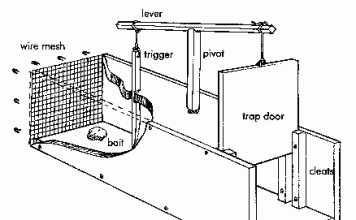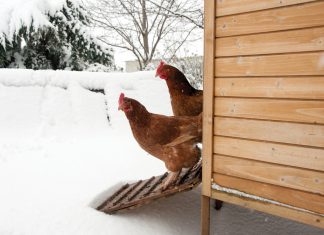| Issue #53 • September/October, 1998 |
One of the things that my family loves most about living in the country is that we get to eat fresh eggs from our genuine free-range chickens. But then, free-range chickens don’t always play by the rules; sometimes they don’t lay their eggs in the nesting boxes we’ve so thoughtfully provided. It is all too common for one of our boys to run into the house with a clutch of eggs nestled in the front of his Tshirt.
“Look, Dad!” he cries excitedly. “I found one of the hens nesting in the hay barn (or under the trailer, or in the horse’s manger, or even in a feed bucket)!”
We used to feed those “wild” eggs to the pigs unless we felt adventurous (or desperate) enough to carefully crack one open to check it for freshness. Believe me, cracking open one rotten egg satisfies both my need for adventure and my hunger for eggs for a long time.
One day, however, a friend of ours showed us that you could judge the freshness of an egg by placing it in water about an inch deeper than the egg is long. As an egg ages, the air cell expands. So, depending on how the egg lies in the water, you can tell whether the egg is fresh enough to eat on its own, or if it is old enough that, because of the taste, you should use it only for baking, or if it is best to just discard it.
To help our fellow country dwellers remember the rules of egg floating I made up this little rhyme. I hope you find it useful. A little warning though: you can’t tell the age of a frozen egg by floating it. Even a fresh egg will float if it’s frozen.
Can you eat that egg?By Scott Matthews If not sure you ought-ter, After three or four days, Ten days, stands on end, But, if it floats on the surface, |














